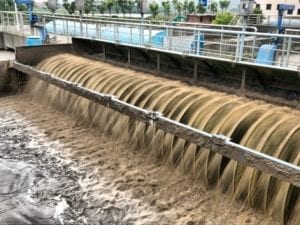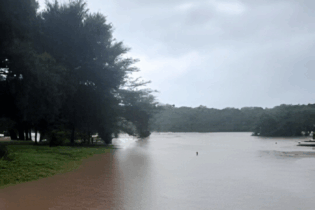The Department of Water and Sanitation (DWS) in North West hosted a two-day consultative workshop for the development of a National faecal sludge management strategy for non-sewered sanitation in Klerksdorp and Rustenburg last week.
Through the National Faecal Sludge Management Strategy, DWS envisage to guide the water and sanitation sector on the safe management of faecal sludge from non-sewered sanitation systems to prevent groundwater contamination, safeguard public health and protects the environment from pollution throughout the sanitation value chain. During the workshop, an overview of the sanitation services in the province, technologies supporting faecal sludge management and the draft National faecal sludge management strategy for non-sewered sanitation systems were presented to solicit input from stakeholders. During his address, Lebogang Bogopa, DWS North West employee responsible for water sector support highlighted that the National faecal sludge management strategy is responding to the requirements of United Nations Sustainable Development Goal target 6.2 on sanitation and hygiene to safely manage sanitation by 2030.According to Lebogang Bogopa, operation and maintenance of on-site sanitation systems have not been given adequate attention.
“There are challenges with full pits and management of portable/ mobile toilets. The National faecal sludge management strategy will impact on the functions of various stakeholders, hence we saw it important to obtain inputs from stakeholders so that the strategy is implementable”, said Bogopa. Moreover, Rabasotho Kolokoto from DWS North West responsible for Sanitation indicated that there is a need to intensify end-user awareness campaigns to beneficiaries of non sewered sanitation and that the various sanitation partners have a responsibility to ensure that access to sanitation services is improved and sustained.






